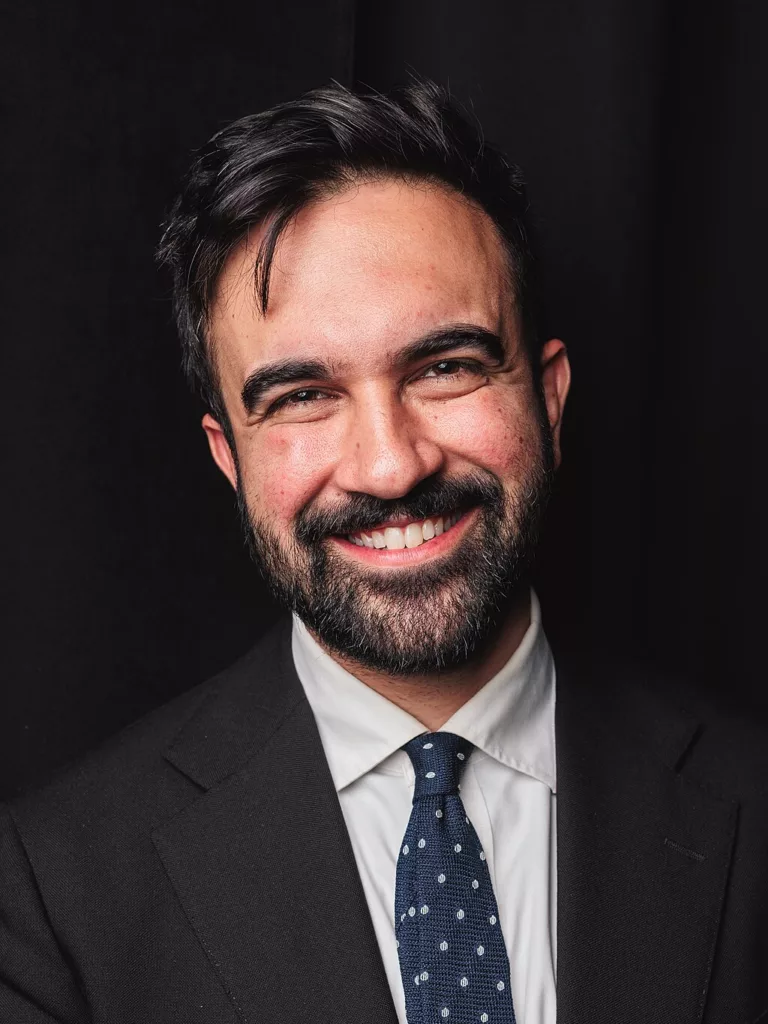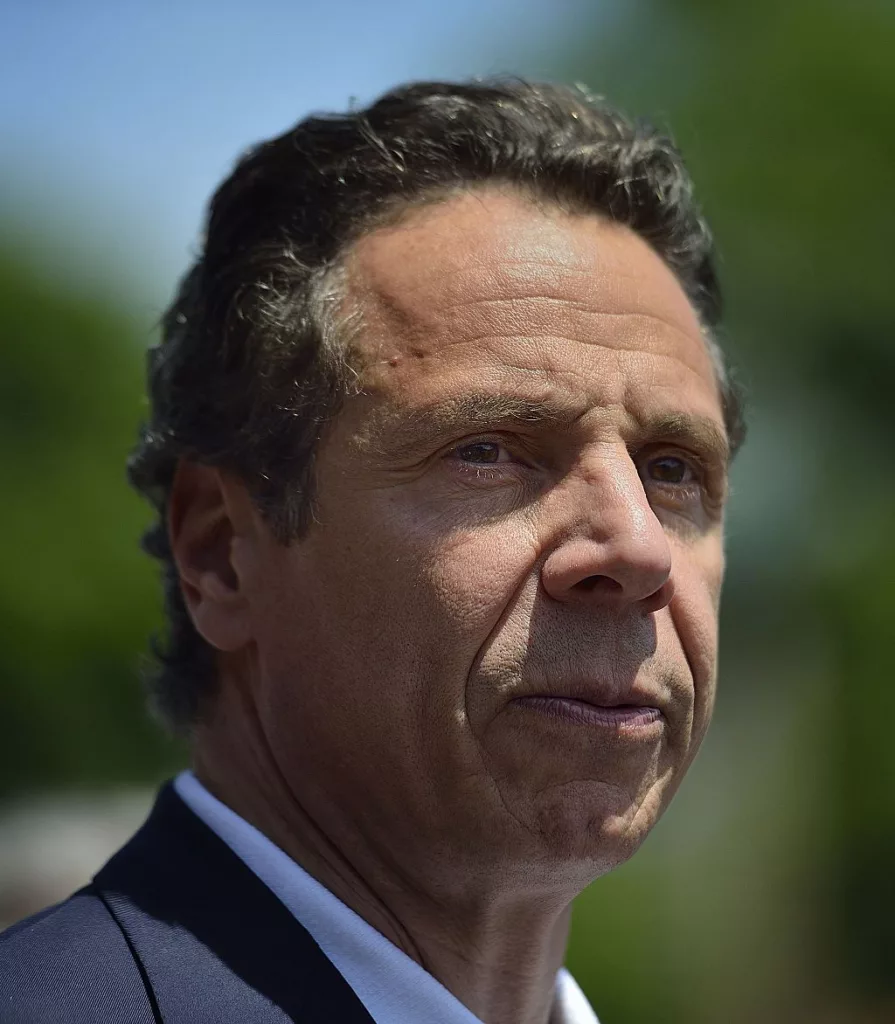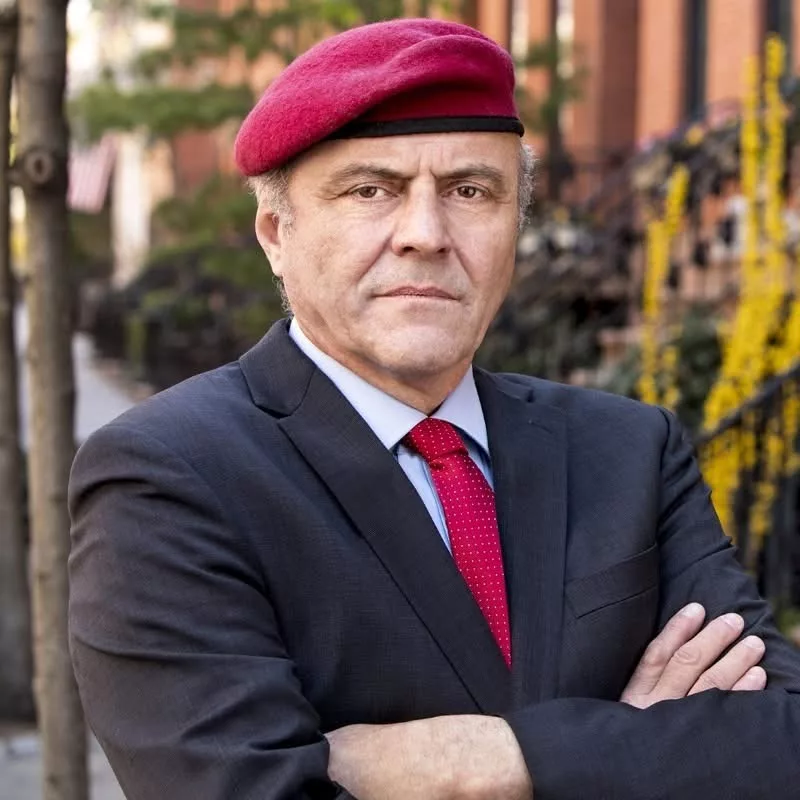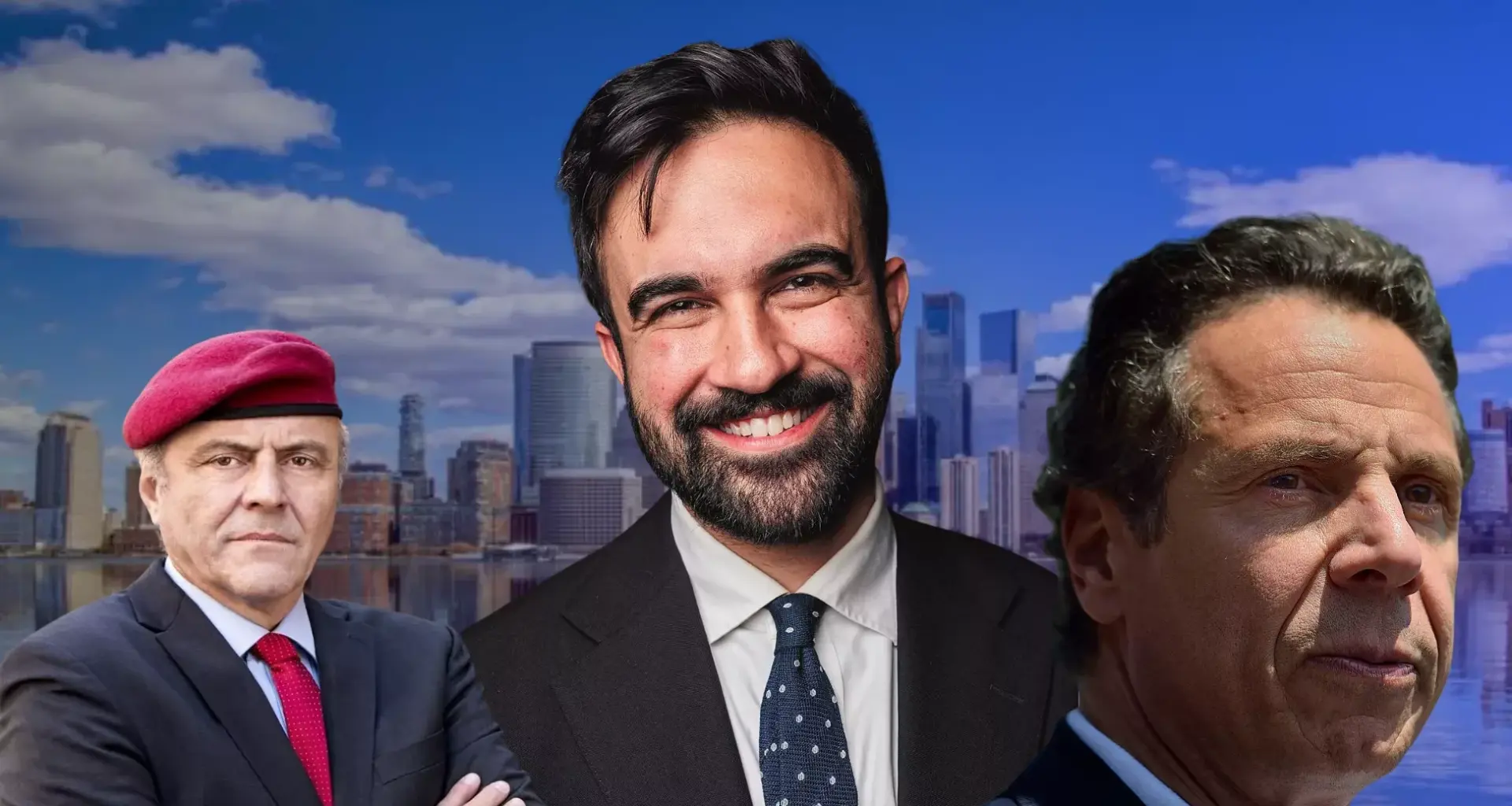As New Yorkers prepare to head to the polls to vote for their new Mayor tomorrow (Tuesday, November 04), the state’s vast but unsettled cannabis market has become a key battleground for the three hopefuls.
Zohran Mamdani, Andrew Cuomo and Curtis Sliwa all present divergent visions for enforcement, licensing and equity in the state’s cannabis market, and whoever manages to clinch victory in this increasingly tight contest will largely determine its future direction.
The results will become clear just days before Business of Cannabis: New York 2025 on 6 November, where policymakers, investors and operators will gather to dissect the future of cannabis regulation under new leadership.
Below we’ve broken down each candidate’s public stance on cannabis in New York, and consider how they are likely to deal with the litany of issues the state’s industry faces, from lawsuits, to zoning issues and a resilient black market.
Candidate stancesZohran Mamdani (Democrat)

The 34-year old, born in Kampala, Uganda, is a self-proclaimed socialist, and until this week has commanded a double-digit lead in the polls.
Elected to the New York State Assembly in 2020 to represent the 36th District (Astoria and Long Island City), Mamdani quickly established himself as part of the state’s progressive bloc, advocating for housing affordability, transit equity and criminal-justice reform
As a younger progressive candidate, Mamdani brings a strong voice on these core issues, alongside those relating to social justice, a key component in New York’s cannabis programme.
During a moyoral debate on October 16, he conceded that he has ‘purchased marijuana at a legal cannabis shop’.
He voted in the state assembly for adult-use legalisation in New York, signalling alignment with the regulated market.
While detailed policy documents remain limited, his campaign associations and commentaries suggest an emphasis on consumer access and equity in licensing.
Andrew Cuomo (Independent, former Governor)

Andrew Cuomo, born 6 December 1957 in New York City, is a long-serving public official with deep experience in state and federal government.
He served as US Secretary of Housing and Urban Development under President Bill Clinton from 1997 to 2001, later as New York State Attorney General (2007–2010) and then as Governor (2011–2021) (Britannica).
Cuomo is credited with signing the Marijuana Regulation and Taxation Act (MRTA) in March 2021, which legalised adult-use cannabis and established the Office of Cannabis Management.
After resigning from the governorship in 2021 amid harassment allegations, Cuomo returned to politics in 2025 as an independent candidate for mayor, following a loss in the Democratic primary
In the mayoral race, he has received endorsement from the New York City Deputy Sheriffs’ Benevolent Association (NYCDSB), a union of enforcement officers responsible for shutting illegal cannabis stores, signalling a law-and-order approach to the illicit market.
Despite this, his record faces scrutiny from industry observers who argue the rollout of the legal market under his governorship left a large illicit retail base.
Curtis Sliwa (Republican)

Curtis Sliwa, born 26 March 1954 in New York City, is best known as the founder of the Guardian Angels, a volunteer public-safety group established in 1979 that remains active in the city
A long-time radio host and political commentator, Sliwa has been a fixture of New York civic life for more than four decades.
Running again as the Republican nominee after his 2021 bid, Sliwa campaigns on a law-and-order platform focused on street safety, homelessness and business recovery.
Though supportive of legal adult-use and medical cannabis in principle, he calls for tougher enforcement against unlicensed operators and stricter regulation of public consumption.
At a 2025 debate he revealed he has used medical cannabis to manage Crohn’s disease and chronic pain from a prior shooting, while arguing that ‘you can’t let people be smoking it out in public’

